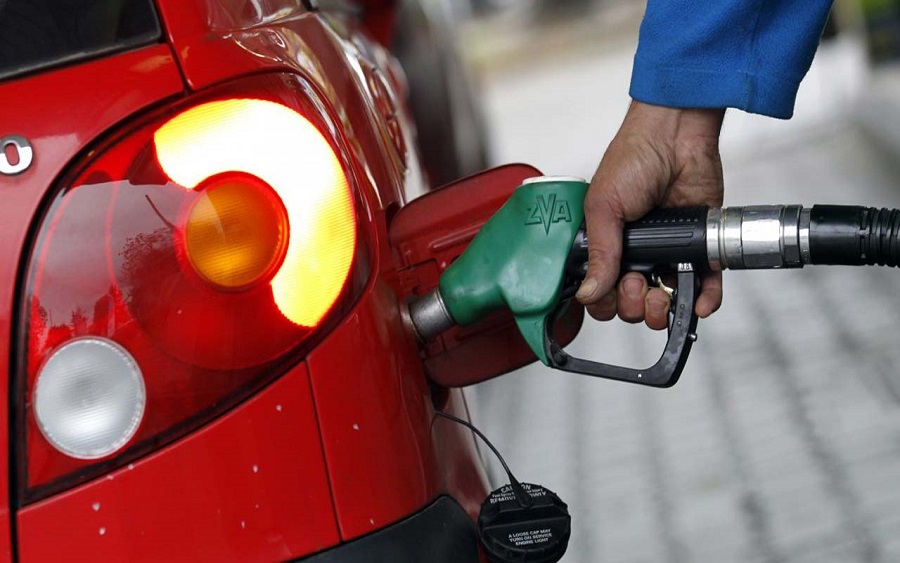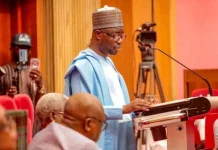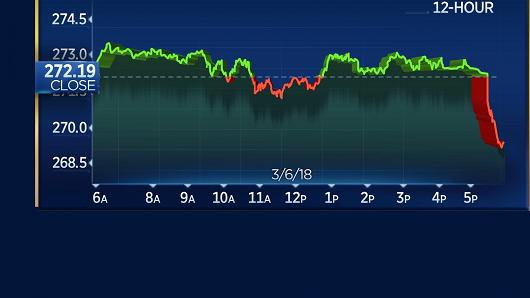The Federal Government gave a statement saying that its still in negotiations with the organized labour as regards the removal of subsidy on Premium Motor Spirit, popularly called petrol.
Officials of the Nigerian National Petroleum Company (NNPC) Limited and the Nigerian Midstream and Downstream Petroleum Regulatory Authority stated that the removal of subsidy on petrol had been an explosive issue.
This, they said had made the government engage in negotiations with the organized labor on the matter despite the persistent rise in the amount being spent on subsidy amidst the recent increase in global crude oil prices.
The World Bank projected that Nigeria would spend about N4tn on petrol subsidy in 2022, as oil marketers also stated that the amount could rise to N6tn going by the rise in the price of crude oil.
The NNPC being the sole importer of petrol into Nigeria for about four years has been shouldering the subsidy burden over the years, although it often describes this as under-recovery.
When asked on Sunday if the company would be able to sustain the mounting petrol subsidy cost, the spokesperson of NNPC, Garba-Deen Muhammad, told our correspondent that subsidy was now a policy issue.
He said, “NNPC is an operator in the market. The subsidy is a Federal Government decision and that of the regulator. You should ask the downstream regulator because it is a policy matter.”
Probed further to speak on the issue since the NNPC has been the sole importer of petrol into Nigeria for years, Muhammad replied, “The best person to provide an answer to your question is the regulator.
“The NNPC is a player and operator in the system. Whatever is the policy today, we will comply, that’s all!”
Our correspondent then called the spokesperson of the NMDPRA, Kimchi Apollo, who stated that the government was still in negotiations with the organized labor on the matter.
He said, “Everyone who has followed the subsidy question knows that negotiations are ongoing with the organized labor and other stakeholders with regards to subsidy removal.
“I don’t think anyone should expect the authority to give you a definite answer to this. It’s not a topic for discussion by any government agency knowing how explosive it could be.”
The government has been in negotiations with the organized labor on the removal of petrol subsidy for over a year, as labor had demanded that Nigeria’s refineries should be fixed before subsidy would be removed, among other demands.
However, operators in the oil sector as well as international financial agencies, such as the World Bank and the International Monetary Fund, had continued to call for a halt in petrol subsidy considering the humongous amount spent annually subsidizing petrol.
The President, Petroleum Products Retail Outlets owners Association of Nigeria, Billy Gillis-Harry, for instance, stated that subsidy could rise to N6tn this year, and stressed the full deregulation of the downstream oil sector was the solution to the subsidy.
He said, “We’ve been saying this forever that we should deregulate and allow market forces to determine the price of PMS at the pumps. This subsidy we are paying, at the end of the day may not be the best for this country.
“Today the government is proposing N3tn for subsidy this year, but at the end of the day it might rise up to N5tn or N6tn going by the rise in crude oil price.”
Also, the Executive Secretary, Major Oil Marketers Association of Nigeria, Clement Isong, had stated that subsidy might hit N6tn in 2022 if the current factors causing the rise in global crude oil prices to persist.
He said, “It (the projected N4tn) might be even higher. It is a function of how our exchange rate goes. It is a function of how the price of oil goes. We don’t anticipate that what is happening between Russia and Ukraine will last for too long.
“Hopefully if does not, the international prices of crude oil will come down and the availability of the product will go up, that is supply will improve. So hopefully the price of the finished product will come down.”












